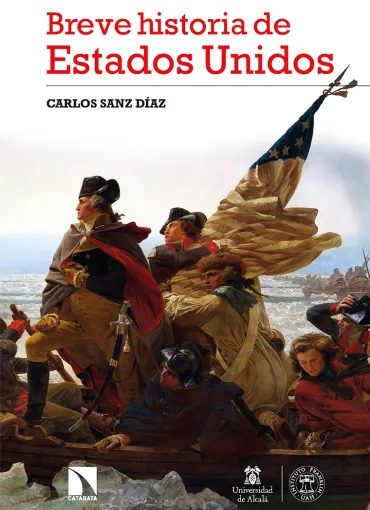Summary:
The United States has always been defined as an exceptional case, a first political experiment that many nations have imitated sooner or later. Its vast surface area and its constantly and rapidly growing population have, from the very beginning, determined the lifestyles of its inhabitants and shaped its identity as a demographic colossus and a nation of immigrants. The creed of liberty, the formula the Founding Fathers found to provide unity and coherence to the country, was ultimately successful: the United States is the longest-standing democracy on the planet, and its concise Constitution is the oldest. The tension between the federal government and the self-government of the states and municipalities, and even the conflict between North and South in the 19th century, have always been overcome in favor of unity, thanks to the unifying force of a strong patriotism, and a marked providentialism: that of a nation chosen to guide the world along the path of American values. This faith, coupled with its extraordinary power in the 20th century and its impact on the rest of the world, has been and continues to be a magnet for countless attractions and rejections.
Carlos Sanz has conceived a successful work of synthesis that allows us to approach the history of a diverse country without stereotypes, from the first colonizations to the social changes of recent decades and the recent reconfiguration of the current geopolitical landscape.


